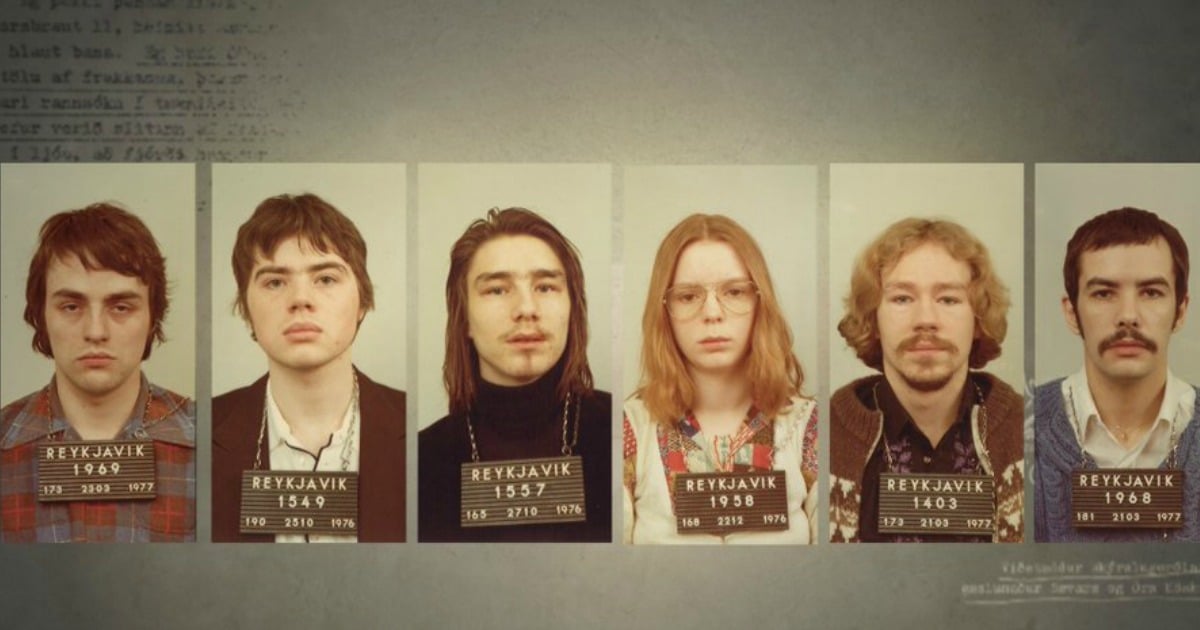In 1976, six people confessed to two murders they didn’t commit.
They weren’t covering for each other. They weren’t blackmailed. They all genuinely believed they had committed the crimes.
The Iceland Six, as they’re now known, are the subject of Netflix’s upcoming documentary Out of Thin Air.
In January of 1974, Gudmundur Einarsso went missing after walking home from a nightclub in the middle of the night. The journey from the nightclub to his home was over 10km and Einarsso was last seen drunk, walking down the road in the freezing conditions.
The police never recovered his body.
In November of the same year, another man named Geirfinnur Einarsso (no relation to Gudmundur) received a phone call. He then drove towards a habour cafe, but he was never seen again.
It was then the Icelandic authorities began to wonder if there was a link between the two disappearances and whether they should be investigating a double homicide.
Two years later the police were questioning a woman named Erla Bolladottir on an unrelated fraud charge. They showed Bolladottir a photo of Gudmundur and asked her whether she recognised him.
Bolladottir told police she had once met Gudmundur at a party. On the night he went missing, Bolladottir thought she dreamed of her boyfriend, Saevar Ciesielski, being outside her bedroom with a body.































































































